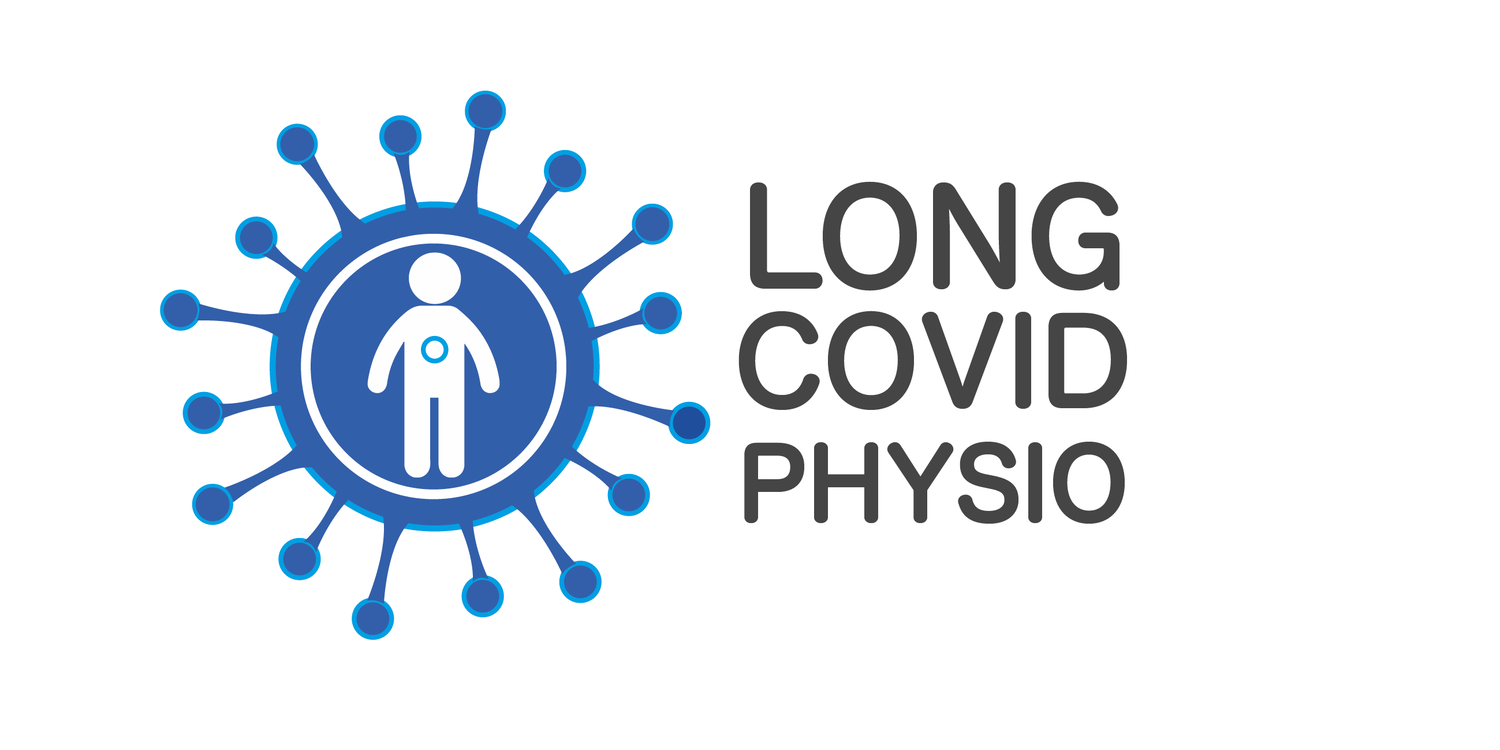Fatigue
This episode is from the Long COVID Video Series. Please visit the website to access audio and written versions and translations.
Fatigue is the term used to describe extreme exhaustion. It is not the same as feeling tired after a busy day, because fatigue is not often caused by over-activity or exertion, and it might not be made better by usual rest or sleep. Fatigue can feel like there is no more energy left in the battery, or like an invisible rope is constantly pulling you back. Fatigue can make moving and thinking difficult, impact the ability to participate in social and community life, and negatively affect education or work. Fatigue is the most common symptom reported by people living with Long COVID.
When symptoms like fatigue are made worse by physical, cognitive, mental and emotional activities or exertion, this may be a sign of post-exertional symptom exacerbation, which can be all-encompassing, highly variable and unpredictable.
World Physiotherapy provided a range of useful resources to support Long COVID rehabilitation for #WorldPTDay 20201, available in in nearly 60 different languages in their toolkit. This includes an activity diary and information sheets on Fatigue and Post-Exertional Symptom Exacerbation and How to use pacing with your Physiotherapist.
Fatigue is different from other responses to physical exertion, such as delayed onset muscle soreness (DOMS). It can be all all-body experience, sometimes described as a “crash”, “total body shut-down”, “turning the lights off”, or “fading”. Fatigue is not associated with symptoms of depression of anxiety.
The episodic, unpredictable and inconsistent nature of fatigue can make symptom management and performance of daily activities difficult.
Fatigue experienced by people living with Long COVID can be experienced alongside post-exertion symptoms exacerbation. Exercise is not recommended as a rehabilitation intervention for people experiencing fatigue and post-exertional symptoms exacerbation.
Pacing is a safe rehabilitation apporach for fatigue. People living with ME/CFS encourage people living with Long COVID to learn from their experiences of fatigue and post-exertional symptom exacerbation, promoting people to #StopRestPace.
Sheffield Hallum University Advanced Wellbeing Research Centre provider a free information booklet to help manage chronic fatigue brought on by COVID-19, and a video series on fatigue with CRESTA clinic at Newcastle Hospitals NHS Foundation Trust.
Read more about the current evidence on fatigue and Long COVID on Physiopedia.
Date Last Revised: 3rd March 2023
